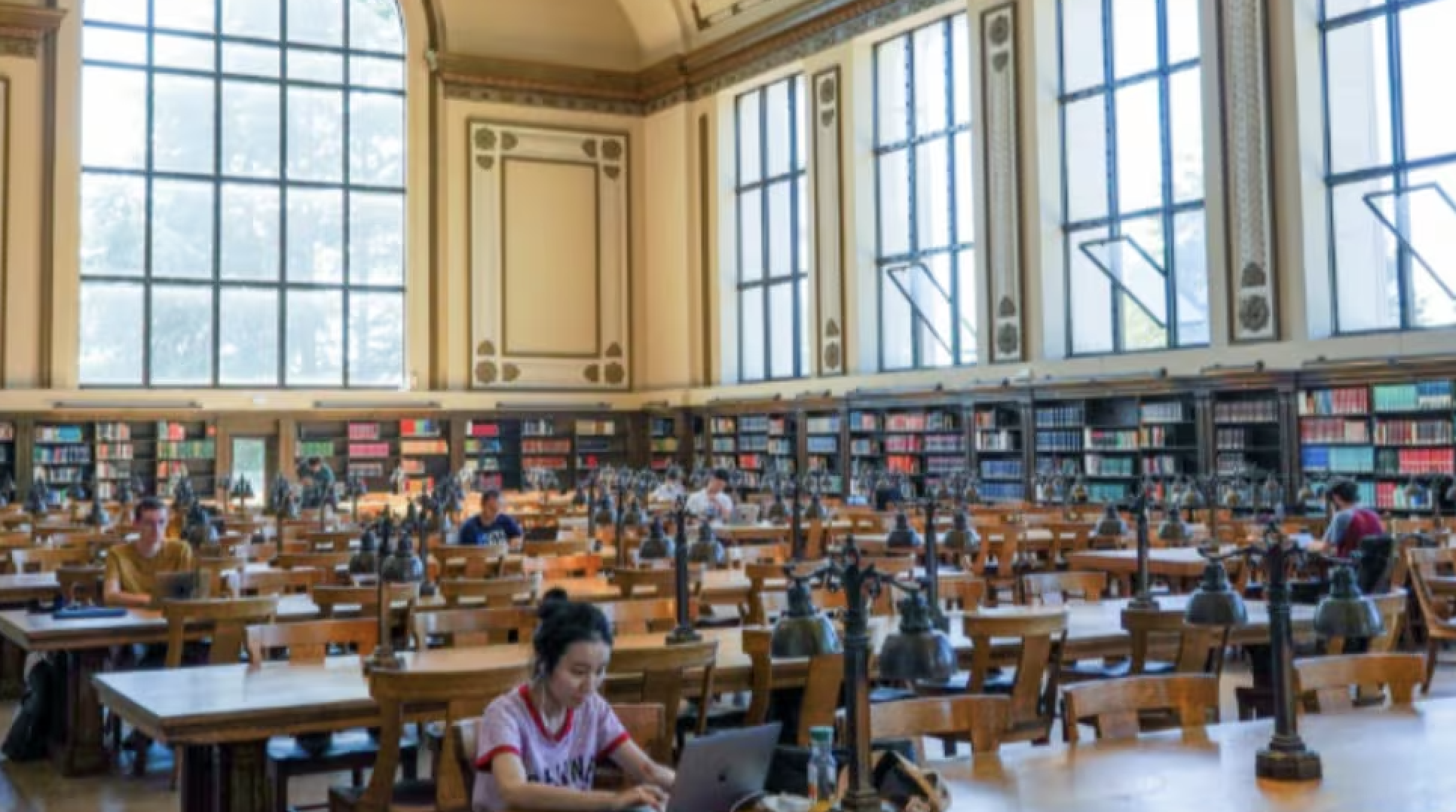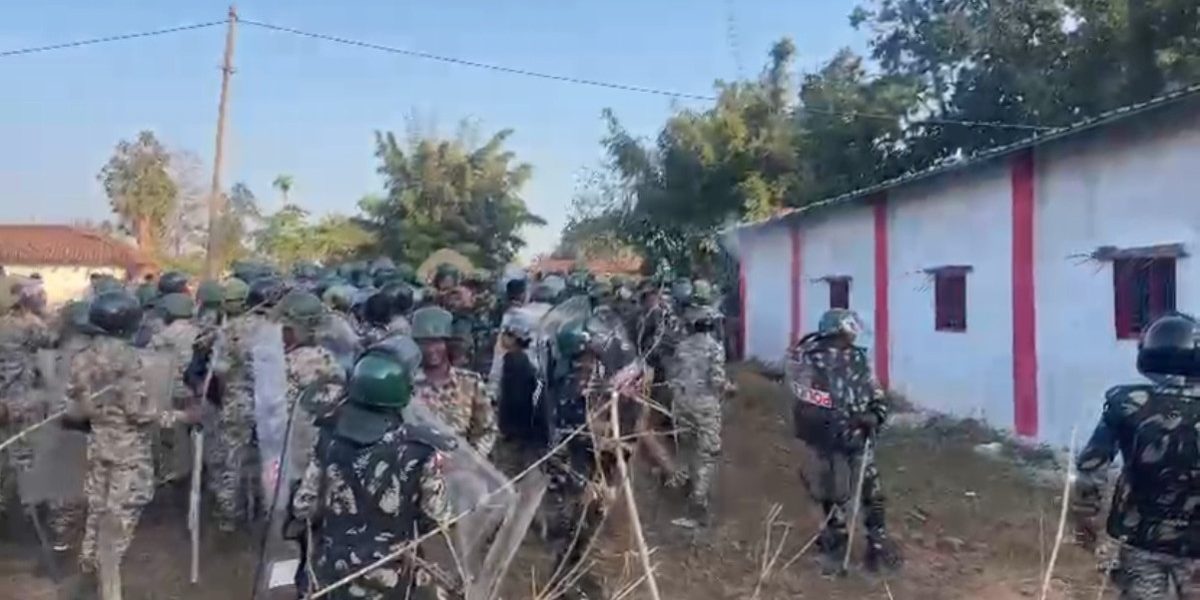October 22, 2020 — Fr. Stan Swamy, SJ, was expecting his arrest. Over the summer, he was interrogated multiple times by India’s National Investigation Agency (NIA), and his home was raided. “I’m not a silent spectator,” he said in a video recorded on October 6. “I’m part of the game and ready to pay the price whatever be it.”
Two days later, Fr. Swamy was arrested by the NIA for alleged involvement with “Maoist rebels and terrorists.” He denies these allegations. Fr. Swamy is one of 16 human rights activists arrested on similar charges in recent months.

At 83 years old, Fr. Swamy has spent the last 50 years ministering to India’s poorest and marginalized communities. He lives and works at a Jesuit social action center in the west of India, among the Adivasi Indigenous peoples. Fr. Swamy has documented the systemic erosion of Adivasi land rights by the Indian government. He argues that the Indian government has abused its power by falsely imprisoning thousands of Adivasi activists. Many believe this outspoken dissent is the real reason for Fr. Swamy’s arrest.
According to a statement from the Social Justice and Ecology Secretariat (SJES) for the Society of Jesus, Fr. Swamy is committed to peaceful dissent. “He always dared to speak truth to power and expose the large-scale abuse of power using anti-terror and sedition laws and land grabbing without due process of consultation as required,” says SJES secretary Fr. Xavier Jeyaraj, SJ.
Across the globe, Jesuit communities are demanding the release of Fr. Swamy and his colleagues through the Jesuit Conference of South Asia’s #StandwithStan Campaign. Nearly 60,000 people have signed a petition calling for the immediate release of the 16 detainees.

In a letter to the Canadian Minister of Foreign Affairs, Jesuit Provincial Fr. Erik Oland, SJ, said: “Canada aspires to be a leader in the promotion and advancement of human rights in the international stage. We cannot espouse these principles and values as a nation and do nothing in this case.”
Jesuit Conference President Fr. Tim Kesicki, SJ, urged U.S. Secretary of State Mike Pompeo to “ask the Indian Government to ensure his immediate release, and ask it to refrain from arbitrary arrests of innocent citizens.”
Fr. Swamy’s case is part of a larger crackdown on human rights advocacy across India, according to the UN High Commissioner for Human Rights, Michelle Bachelet. “I am concerned that vaguely defined laws are increasingly being used to stifle these voices,” and “to deter or punish NGOs for human rights reporting and advocacy that the authorities perceive as critical in nature,” she said in a statement released on October 20.
NIA officials say Fr. Swamy will not be released until after November 23 — even as concerns mount over his health. Fr. Swamy suffers from Parkinson’s disease, making him especially vulnerable to COVID-19, which has spiked across India in recent weeks.
In a letter to fellow Jesuits, Fr. Swamy described bleak conditions. He shares a 13×8 cell with two other people who must help him drink water, eat his meals, wash his clothes, and massage his stiff joints as Parkinson’s has limited his mobility. He is allotted four minutes every 10 days to speak with people outside the prison. His colleagues worry about Fr. Swamy’s condition, but they cannot file a motion for bail until the Court returns from holiday on November 23.
Still, Fr. Swamy remains positive. “Despite all odds, humanity is bubbling in Taloja prison,” he wrote.

“What is happening to me is not something unique happening to me alone,” Fr. Swamy said in his final video testimony. “It is a broader process that is taking place all over the country. We are all aware how prominent intellectuals, lawyers, writers, poets, activists, students, leaders, they are all put into jail because they have expressed their dissent or raised questions about the ruling powers of India. We are part of the process. In a way I am happy to be part of this process.”
This story first appeared in www.Jesuits.org on Oct 22, 2020 here.





